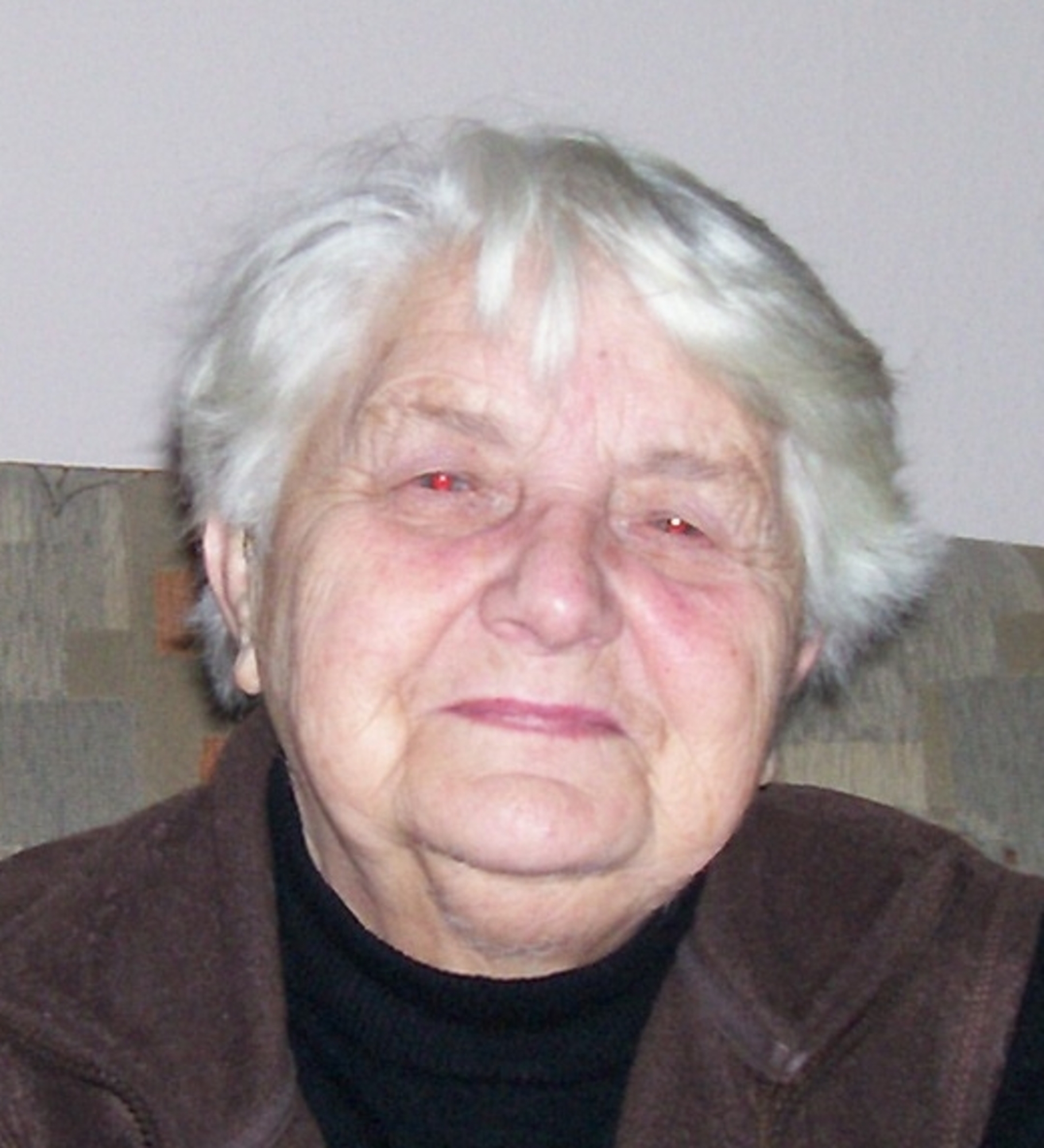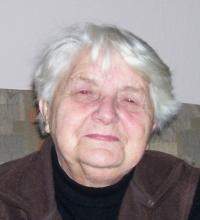Give me the clocks, you small German!, I still remember those words

Download image
She was born in 1932 on a Śląsk Opolski. Her father, Dionisjus (born 1891) served on the Eastern Front during World War I and in 1917 was sent to Belgium. He was a train driver. Her mother (born 1893) came to Staniszcze Małe from Oleski county. In 1917 she got married to a father of Ms Panic. She (Eizabeth Panic) lost five siblings who died of infectious diseases. In 1939 she went to school. One of her brother died on the Eastern Front in 1941. Her family was and is split by nationality, is a typical family of the Polish-German borderline. She had a family on a Polish side and one of its member was in Polish guerilla army during World War II and then died in Oświęcim. She experienced pass of the front and soviet occupation in 1945. In 1947 she graduated from Polish school and matriculated at State Working-Class School which she finished as a tailor in 1950. After that she started working in the office in Ozimek. In 1953 she got married to Wiktor Panic. She claims that her nationality is German because such was what she got at the birth. She also thinks that she should get a name “Elizabeth”, not “Elżbieta”. She is for national tolerance and diminution of the role of Catholic church even though she considers herself catholic. She has family in Poland and Germany. Because of that she can speak both languages fluently.
